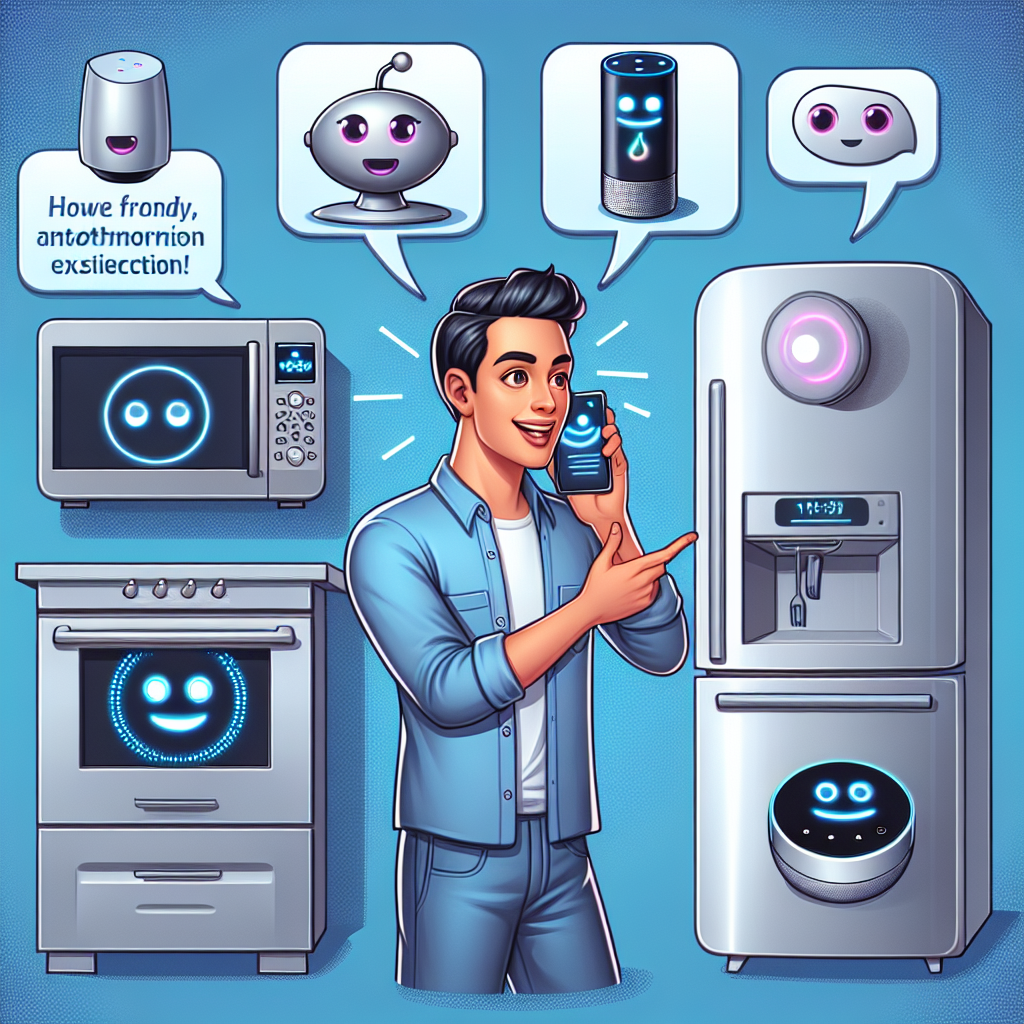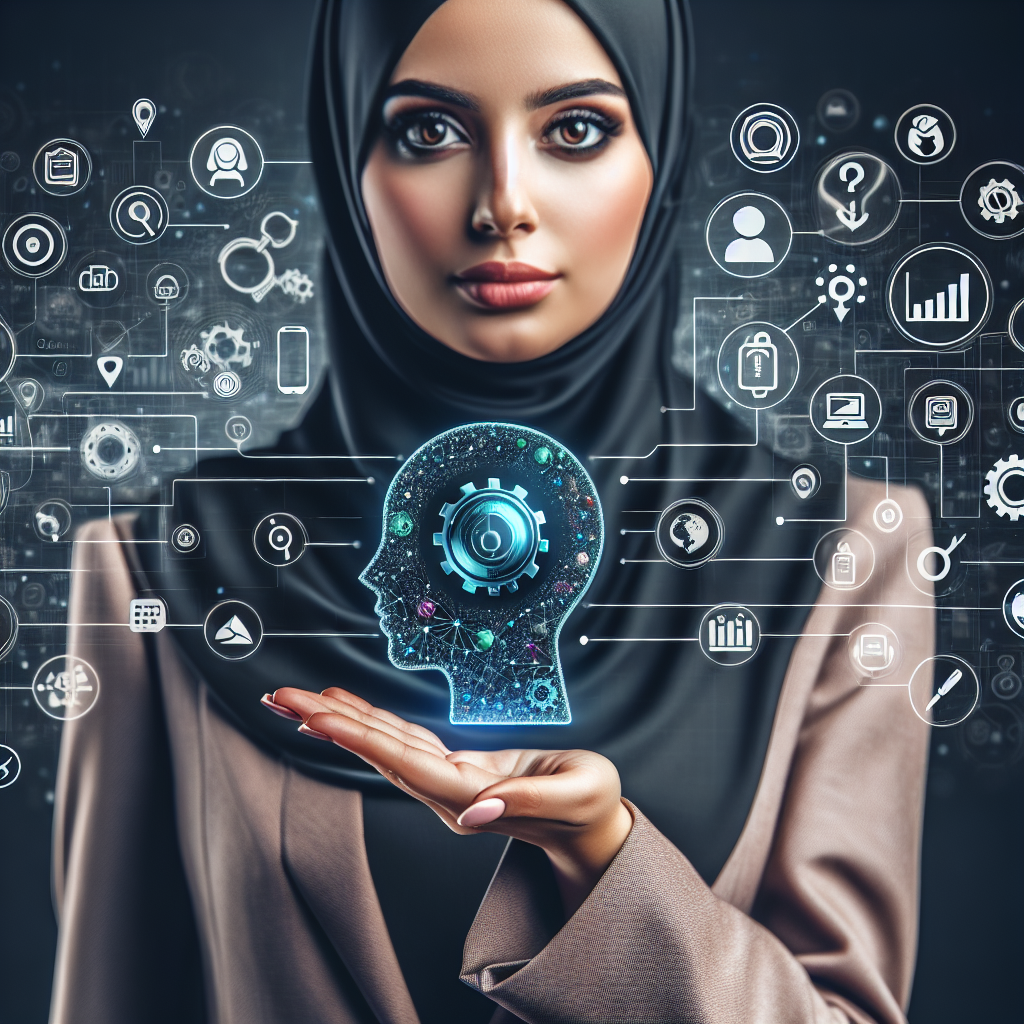In today’s education landscape, the one-size-fits-all approach is quickly becoming obsolete. Personalized learning—tailoring educational experiences to meet individual student needs, interests, and abilities—has emerged as a powerful strategy to boost engagement and improve learning outcomes. This shift represents not just a passing trend, but a fundamental rethinking of how education can better serve diverse learners in an increasingly complex world.
Personalized learning addresses a crucial reality: every student learns differently. By adapting instruction to individual learning styles, paces, and preferences, educators can create environments where students feel empowered rather than overwhelmed. Recent studies show that students following personalized learning paths improved their test scores by an impressive 71%, compared to just 54% improvement with traditional e-learning approaches. This significant difference highlights the effectiveness of customized educational experiences.
The benefits extend beyond academic performance. When students engage with material that resonates with their interests and learning needs, they develop greater confidence and take more ownership of their education. This student-centered approach transforms passive recipients of information into active, motivated learners who see relevance in what they’re studying. The result is not just better test scores, but deeper understanding and retention of material—skills that serve students well beyond the classroom.
AI: The Catalyst for Educational Transformation
The integration of artificial intelligence into education is revolutionizing how personalized learning can be implemented at scale. AI-powered adaptive learning systems dynamically adjust the complexity and pace of content based on real-time assessment of student performance, creating truly individualized learning experiences that were impossible just a few years ago.
What makes AI applications particularly valuable in education is their ability to provide instant feedback. Rather than waiting days or weeks for assignments to be graded, students receive immediate guidance on their work, allowing them to correct misconceptions before they become entrenched. This continuous feedback loop accelerates the learning process and helps students develop metacognitive skills as they become more aware of their own learning patterns.
AI’s capacity for data analysis enables these systems to identify patterns in student performance that might escape even the most attentive teacher. By tracking how students interact with learning materials—where they struggle, where they excel, how long they spend on particular concepts—AI algorithms can build sophisticated learner profiles. These profiles then inform the delivery of subsequent material, ensuring that each student receives the right challenge at the right time.
The intelligence embedded in these systems goes beyond simple adaptation. Advanced AI applications can recognize when a student might benefit from a different presentation format—perhaps switching from text to visual representations or interactive simulations. This multi-modal approach accommodates diverse learning styles, making education more accessible to all students regardless of their natural preferences or strengths.
No-Code Platforms: Democratizing AI for Educators
While the potential of AI in education is enormous, its implementation has traditionally required specialized technical knowledge—until now. The rise of AI SaaS Creation Platforms is democratizing access to these powerful tools, allowing educators without coding skills to design custom learning applications tailored to their specific classroom needs.
These low-code platforms provide intuitive interfaces where teachers can build sophisticated AI-powered learning experiences through drag-and-drop functionality and pre-built components. An educator who understands their students’ needs can now create adaptive quiz systems, personalized reading assistants, or interactive problem-solving environments without writing a single line of code.
For individual entrepreneurs in the education space, these platforms offer unprecedented opportunities to develop and deploy innovative learning solutions. Small businesses and startups focusing on educational technology can now compete with larger companies by rapidly prototyping and launching AI applications that address specific learning challenges. Meanwhile, developers and technical professionals can leverage these platforms to extend basic functionality and create even more sophisticated tools, forming a vibrant ecosystem of educational innovation.
The accessibility of these platforms addresses a critical gap in educational technology. Previously, schools and teachers were limited to whatever pre-packaged solutions were available on the market, regardless of how well these matched their specific context or curriculum. Now, customization is within reach, allowing for the creation of learning experiences that align perfectly with educational objectives and student needs.
Intelligent Collaboration and Customizable AI Digital Workers
The potential of AI SaaS Creation Platforms extends beyond individualized instruction to transform how students work together. Intelligent collaboration tools powered by AI can analyze student strengths and learning styles to suggest optimal group configurations for projects, ensuring that teams benefit from complementary skills and perspectives.
Customizable AI digital workers serve as virtual teaching assistants, providing just-in-time support to students as they work through complex material. These digital helpers can answer questions, offer hints, and guide learners through difficult concepts, all while adapting their approach based on each student’s progress and learning history. This ensures that every student receives the support they need, even in classrooms where teacher attention must be divided among many learners.
Administrative tasks that traditionally consume teachers’ valuable time can now be handled by these digital workers. From grading objective assessments to organizing learning materials and even providing preliminary feedback on writing assignments, AI assistants free educators to focus on the high-value interactions that only humans can provide—building relationships, nurturing creativity, and providing nuanced guidance.
This vision of AI-enhanced education aligns perfectly with Zygote.AI’s mission of making creation accessible to all. By providing tools that allow educators to build their own AI applications without specialized technical knowledge, Zygote.AI empowers teachers to transform their classrooms into personalized learning hubs where every student can thrive.
Enhanced Accessibility and Engagement for Diverse Learners
One of the most powerful aspects of AI in education is its ability to break down barriers for students with diverse learning needs. AI-powered platforms can automatically adjust content presentation for students with different abilities, ensuring that learning materials are accessible to everyone. Text-to-speech functions, visual adjustments, and alternative navigation methods can be seamlessly integrated, making inclusive education a reality rather than just an aspiration.
For students who might otherwise disengage from traditional instruction, AI applications offer multiple pathways to connect with material. Gamification elements, interactive simulations, and real-world problem scenarios can transform potentially dry content into engaging experiences. When students are interested and emotionally invested in their learning, retention rates naturally improve.
Data supports this approach: schools implementing AI-enhanced personalized learning report significant improvements in student engagement metrics, with some seeing up to 40% reduction in behavioral issues and substantial increases in voluntary participation. Academic performance often follows, with personalized learning environments consistently demonstrating better outcomes than traditional models, particularly for students who previously struggled.
This focus on making education accessible and engaging for all learners resonates deeply with Zygote.AI’s commitment to democratizing creation. Just as Zygote.AI believes everyone should be able to build AI applications regardless of technical background, personalized learning systems ensure that education works for every student regardless of their starting point or learning differences.
Workflow Automation: Freeing Educators to Teach
Perhaps one of the most immediate benefits of AI SaaS platforms in education is the automation of routine workflows. Teachers report spending up to 40% of their time on administrative tasks: grading, record-keeping, lesson planning, and generating materials. AI workflow automation can dramatically reduce this burden, returning precious hours to educators for what matters most—actual teaching.
Automated systems can handle everything from attendance tracking to assignment distribution and collection. Assessment workflows can be streamlined, with objective questions graded automatically and subjective responses pre-screened to highlight areas needing teacher attention. Lesson planning tools can generate customizable templates based on curriculum standards, and content creation assistants can help produce differentiated materials for various learning levels.
The real power comes when educators can share these automated workflows with colleagues, creating a community of practice around effective teaching processes. Within the Zygote.AI ecosystem, educators can not only create custom AI applications but also share and even sell their innovations to other teachers. This creates a vibrant marketplace of educational tools designed by practitioners for practitioners—solutions born from real classroom experience rather than distant corporate development.
Small businesses and startups in the education sector can leverage these capabilities to develop specialized applications targeting specific subject areas or pedagogical approaches. Individual entrepreneurs with teaching backgrounds but limited technical skills can now bring their innovative ideas to life, expanding the range of available educational tools while creating new income streams for themselves.
The Future of Personal Use AI Products in Education
As we look to the future of education, the trajectory is clear: AI agent technology will continue to evolve, becoming more sophisticated, more intuitive, and more deeply integrated into the learning experience. The educational AI applications being created today represent just the beginning of what will ultimately be a comprehensive transformation in how teaching and learning occur.
We’re moving toward a future where AI companions will support learners throughout their educational journey, building relationships that span subjects and years. These agents will develop increasingly nuanced understanding of each student’s strengths, challenges, interests, and aspirations, providing continuity even as teachers change from year to year.
For educators, the development of personal use AI products will enable increasingly sophisticated classroom orchestration. AI systems will handle differentiation and individualization at a level impossible for even the most dedicated teacher working alone, ensuring that every student receives appropriately challenging material while the teacher maintains a holistic view of classroom progress.
Zygote.AI stands at the forefront of this revolution, committed to unlocking endless possibilities by making AI creation accessible to all. By providing user-friendly tools for building customizable AI digital workers and sophisticated workflows, Zygote.AI empowers educators to reshape learning interactions without requiring them to become technical experts.
The ultimate vision is one where technology amplifies human potential rather than replacing it. In the classroom of tomorrow, AI will handle routine tasks and provide baseline personalization, freeing teachers to focus on the aspects of education that require human creativity, empathy, and wisdom. Students will benefit from consistent, personalized support while still developing the crucial human relationships that form the heart of effective education.
As personal use AI products continue to evolve, the boundaries between creator and user will blur. Teachers who begin by customizing existing applications will gradually develop the confidence to build their own solutions, contributing to a growing ecosystem of educational tools. With platforms like Zygote.AI removing technical barriers, the limiting factor will shift from “Can I build this?” to “What should I build next?”
This future promises not just incremental improvements in educational efficiency but a fundamental reimagining of what’s possible in the classroom. By turning every learning environment into a personalized hub powered by customizable AI tools, we can finally deliver on education’s oldest promise: helping each student reach their full potential, whatever form that might take.









